 |
| August 14, 2020 |
Dear Reader,
Here's a look at what's featured in our roundup of top stories today: - With 2020 more than halfway over, it is likely that this year will rank among the hottest in recorded history and possibly break the all-time record set in 2016.
- Scientists say light pollution can reach the seafloor near coastal cities. Researchers in Plymouth, England, found that as much as three quarters of the seabed in the Plymouth Sound and Tamar Estuary is bathed in artificial light that is bright enough to impact the ecosystem.
- We spend a substantial part of our days visually scanning an area for something we want—our keys or ketchup, for example. A study shows that an object's intrinsic physical properties—things we know from experience but cannot see, such as hardness—can help us locate it faster.
|
| | Sunya Bhutta, Senior Editor, Audience Engagement
@sunyaaa | |
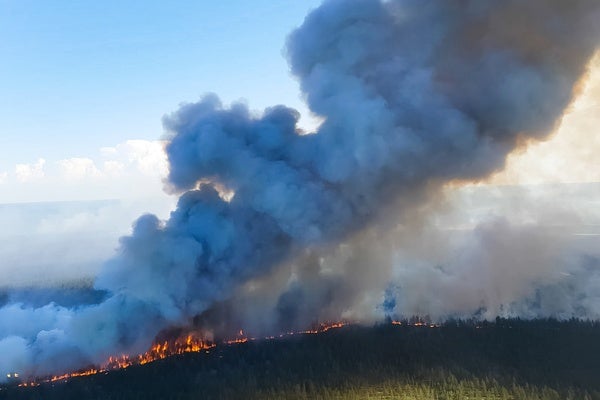 |
| |
| |
| |
| |
| Behavior & Society How to Study Racial Disparities To understand the causes of unequal treatment, researchers need to be sensitive to the statistical, conceptual and historical complexities associated with race | | By Bryan Schonfeld,Sam Winter-Levy | | | |
| |
FROM THE STORE
 | | Playing Politics: The Science of Elections Politics makes strange bedfellows, and that becomes even more apparent when trying to analyze the science of politics. Pulling from an array of disciplines, including social science, behavioral science and mathematics, this eBook analyzes key factors in the process of electing a leader. |  | | |
| |
LATEST ISSUES
 |
| |
| Questions? Comments?  | |
| Download the Scientific American App |
| |
| |



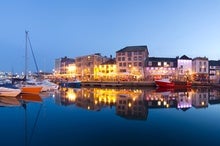
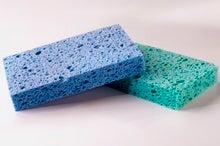
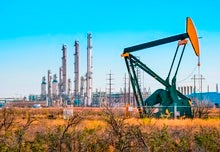

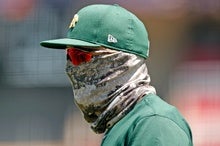
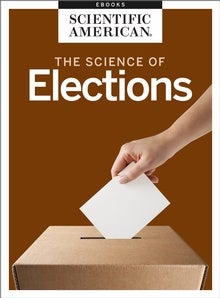

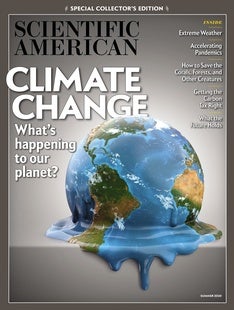

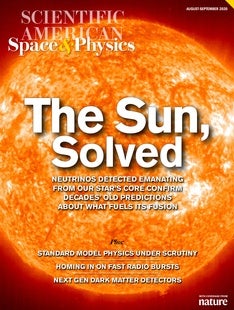
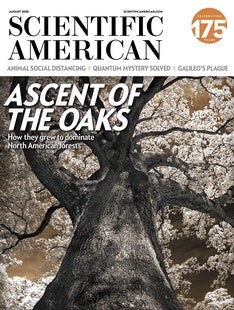
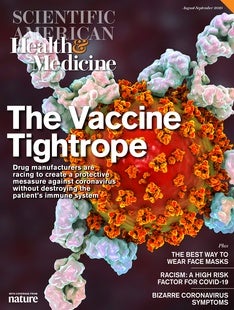



Comments
Post a Comment